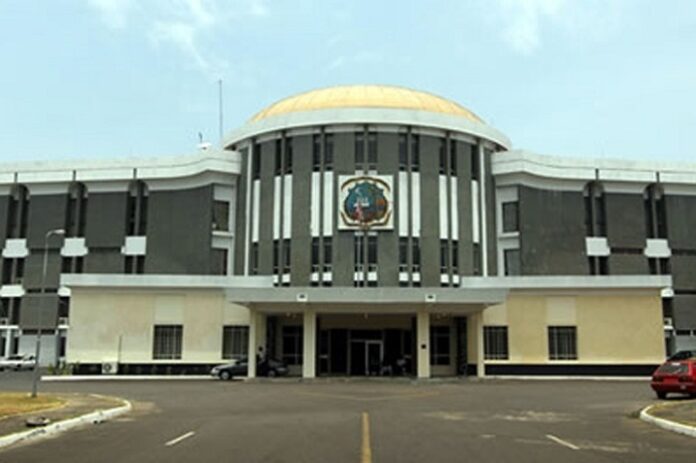MONROVIA – As the newly sworn-in lawmakers took their oaths and were inducted into office on January 15, 2024, a notable absence of asset declarations has sparked concerns over compliance with anti-corruption regulations.
Despite the legal requirement outlined in Section 10.1, which mandates that “Every public official shall declare assets and liabilities before taking office,” none of the lawmakers have yet fulfilled this obligation, raising questions about transparency and accountability in the legislative body.
The failure to promptly declare assets and liabilities by lawmakers has ignited public debate and criticism, with citizens and anti-corruption advocates urging swift action to ensure adherence to the established regulations.
The declaration of assets and liabilities is a fundamental component of efforts to combat corruption and promote ethical governance, and the delay in this process has cast a shadow over the integrity of the legislative branch.
In response to the growing concerns, civil society organizations and transparency advocates have called for immediate action to enforce compliance with asset declaration requirements. They have emphasized the importance of upholding the rule of law and ethical standards, stressing that public officials must demonstrate their commitment.
Furthermore, the delay in the declaration of assets has prompted calls for increased oversight and enforcement mechanisms to ensure that all lawmakers fulfill their obligations in accordance with the law. The absence of timely asset declarations has underscored the need for robust monitoring and enforcement measures to uphold the principles of transparency and integrity within the legislative sphere.
As the public awaits the fulfillment of the asset declaration requirement by the lawmakers, there is a growing sense of urgency for decisive action to uphold the rule of law and strengthen anti-corruption measures. The delayed compliance with asset declaration regulations has highlighted the critical importance of fostering a culture of transparency and accountability within the highest echelons of government, and it has underscored the need for concerted efforts to ensure that public officials uphold their ethical and legal obligations.







